Unthematic
Tiffany Tsao • 14 October 2022
We haven't put out an unthemed newsletter since our inaugural issue. But sometimes you have an assortment of excellent non-fiction pieces that don’t fit readily into the categories on hand, and you just want people to read them.
First, Mahmood Fazal’s conversation with Malyangapa, Barkindji woman and acclaimed rapper Barkaa, followed by Amra Pajalić’s memories of her beloved stepfather and the trauma he suffered as a survivor of childhood sexual abuse.
In a piece for IndigenousX’s anthology Reconcile This, Leesa Watego writes about the parenting challenges faced by Aboriginal mothers in a society where White people control the narrative. ‘Where’s the parenting manual that helps mums teach their kids that the world sees them as pathologised victims?’ she asks.
In the same anthology, Matthew Ngamurarri Heffernan observes Australia’s tendency to place Aboriginal knowledge systems in a historical or arts context rather than perceiving their scientific and mathematical import. He shares some ways in which Aboriginal STEM knowledges can enrich Australia’s education system, economy and culture.
‘My favourite way to see a place is to walk,’ writes Ellen Murphy. Indeed, as she walks through Arrernte land on the Larapinta Trail, she sees with new eyes the extent of her ignorance about her natural surroundings.
Jesse Galea reflects on growing up under the pressure of the gender binary – the ache caused by being forced to fit in, but also the ache to genuinely belong somewhere.
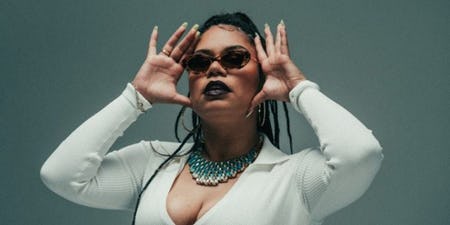
Interview with Barkaa
Mahmood Fazal, Debris, August 2021
BARKAA: I was always writing. In jail I was writing music. I’d rap in front of these two sister girls there. We would have a Koori meeting and we’d all sit in a circle. Afterwards, I’d be like, 'I wanna rap sis.' So, I’d spit a rap and it brought the jail closer. I felt like I had something there. I could draw them in with what I was saying. When I got out of prison, I started doing my community services course because I wanted to do youth work. It was a huge adjustment for me to read again. I started rapping freestyle, recording videos in my bedroom when my kids were asleep and putting them up on Facebook.
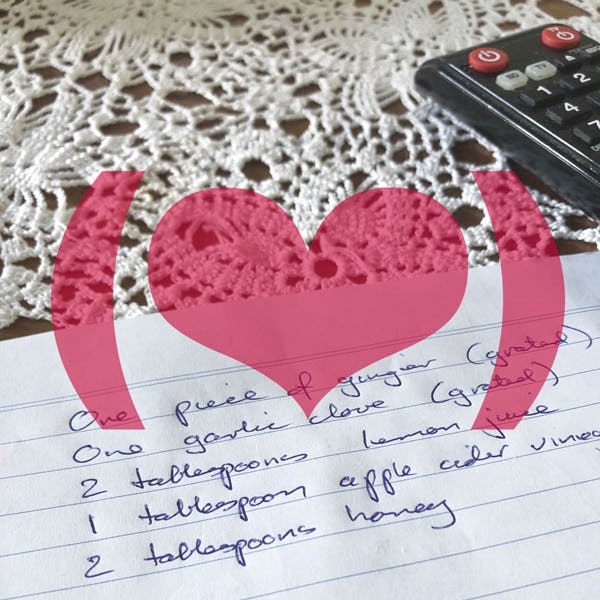
Helpless
Amra Pajalić, Kalliope X, Autumn 2022
When we see a child sleeping peacefully we say 'Spava ko zaklan' which roughly translates as, 'The child is sleeping as if its throat is cut.' When we joke we say, 'Da bog da crko', which means 'I hope you die.' When it is a windy day we say, 'Ubiće te vjetar', 'The wind will kill you.' There is much use of 'I’m going to kill myself', or 'I’m going to kill someone else'.
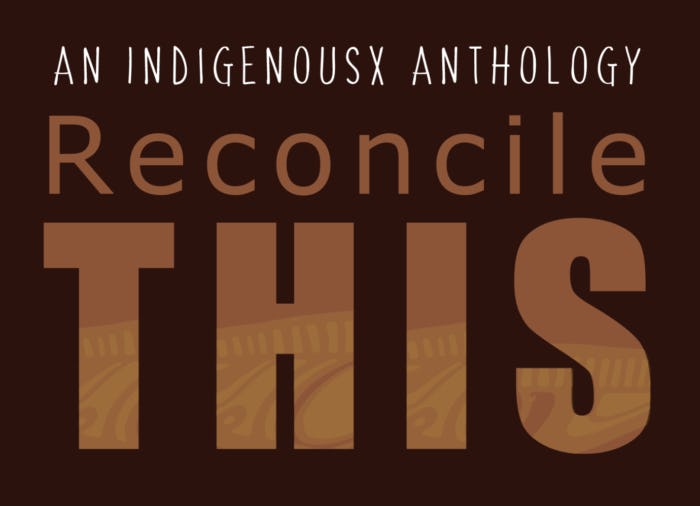
Guess There’s No Parenting Manual for That
Leesa Watego, Reconcile This: An IndigenousX Anthology, 2021
(Note on access: download the pdf or click on the flipbook and scroll or turn to page 19.)
This version of Aboriginality is perpetuated as a way to finally root it out and get rid of it. Their version of Aboriginality has to run out or to end one day—each generation gets fairer, each generation gets more educated. Eventually, there will be no Aboriginality at all. The past month of writing about Aboriginality in the mainstream press has illustrated the ability of White people to invade, hijack and recreate the story of Aboriginality, just the way the three pigs where able to invade and recreate the story of the wolf.
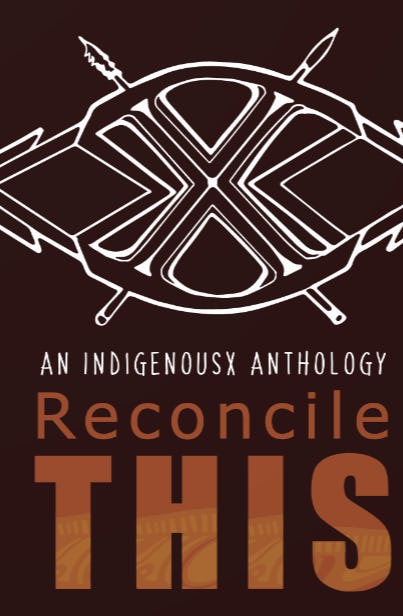
Indigenous Potential in Science, Technology, Engineering and Maths
Matthew Ngamurarri Heffernan, Reconcile This: An IndigenousX Anthology, 2021
(Note on access: download the pdf or click on the flipbook and scroll or turn to page 69.)
Indigenous pedagogies and epistemology are rooted in practicalities for societal survival within a demanding environment. The 'mythological' and supernatural were not strict narratives with literal historicity but for the most part were in fact methods of information retention, application, and distribution.
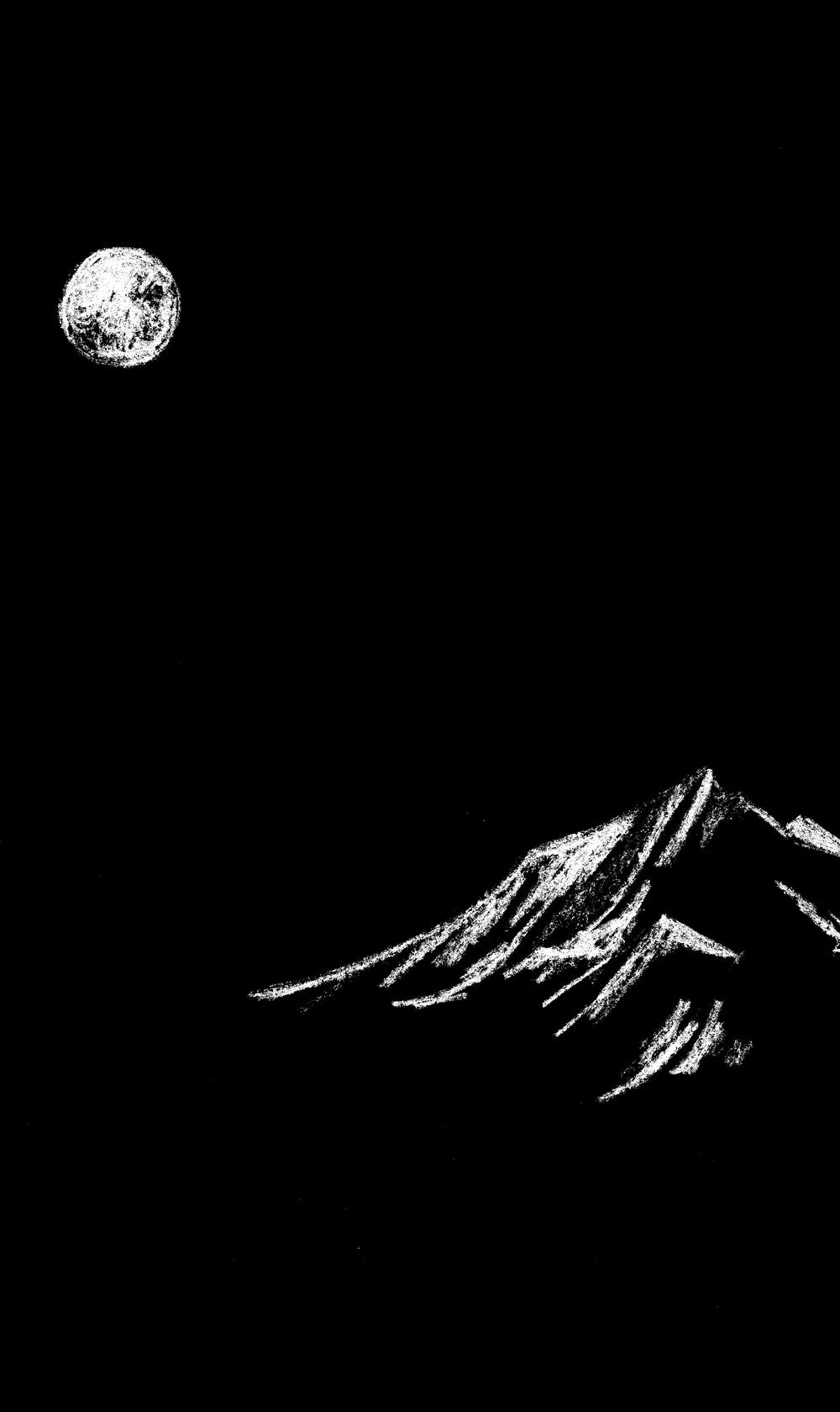
The Dark of the Night
Ellen Murphy, Chart Collective, September 2015
Even the experience I’d had earlier that day, walking through the landscape, now appeared to me essentially consumerist: me on top of the environment, me moving through it, me as a human taking enjoyment from what the environment gave me. I felt in that moment how little those laws of ownership relate to real knowledge of the land that they concern. More than that, I felt how ill equipped I was in my own knowledge system to interpret the noises and shapes as they emerged and receded in the night.
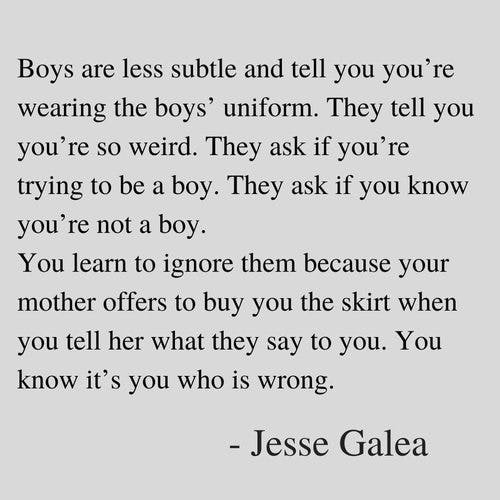
Like Them
Jesse Galea, Baby Teeth, June 2022
Then you were given a name: Jasmine Rose. A checkmark next to your name inside a box labelled female.
Your twin was given a name: Christopher Aidan. A checkmark next to your twin’s name inside a box labelled male.
You are the girl. He is the boy. You are his sister. He is your brother.
And now, everything starts to go wrong.